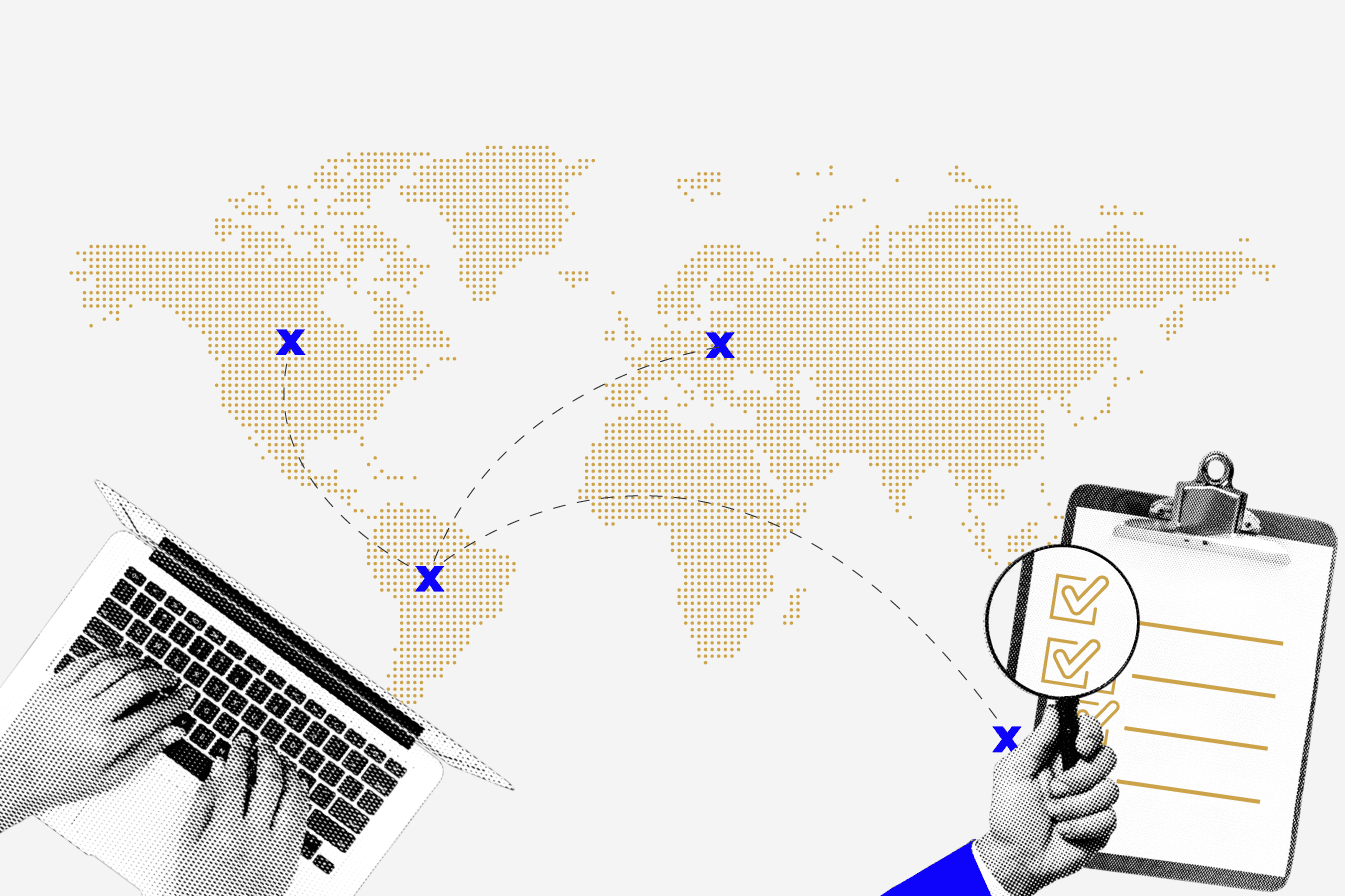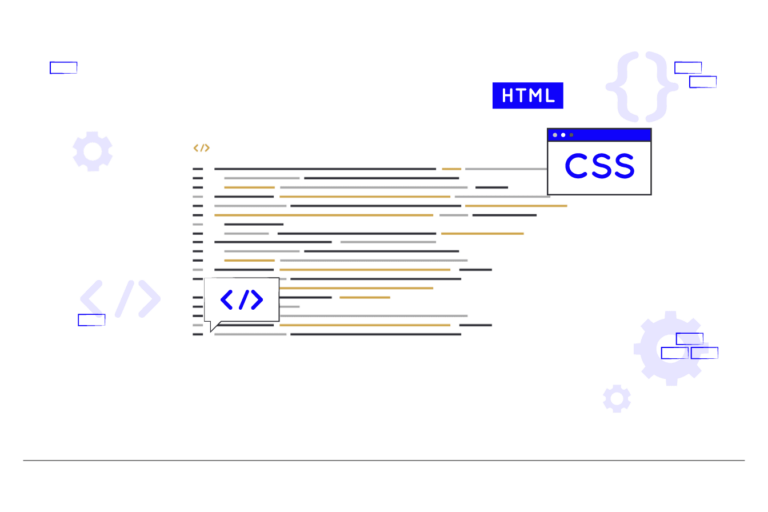Software developers have never been more in demand than in recent years and this trend is set to increase. We live in a world dependent on technology for almost everything we do in our daily lives and the role of developers is essential. But when it comes to hiring them, what do you need to consider?
First of all: how to hire them. Conducting a selection process is a complex, often time-consuming task that requires recruitment professionals that medium-sized or small companies don’t always have. It’s no wonder that, in the last 10 years, companies have sprung up en masse to outsource this process.
In this wide range of options, there are obviously companies that don’t offer the best standard of quality and often even create more work for the client. In any case, Stateside is always here to fulfill its mission of providing its clients with the best talent. We look for qualified professionals who can best fit the requirements of a vacancy. So when it comes to hiring, Stateside is a valuable partner in achieving the best results.
Now that we know how to get started, let’s find out in this article the main variables we take into account when choosing the best talent for our clients.

Skillset Availability and Expertise
It’s particularly obvious that the first, or rather second, variable to be taken into account is to define which programming languages, frameworks and technologies will be needed for the project and then carry out a selected search for developers who have that skill set. To do this, we evaluate the developers’ experience, portfolios, and reviews to ensure that they can meet your specific requirements.
Developers are the main pillars who oversee the whole SDLC and ensure the accuracy of each stage. Typically, the following skills should be looked for in the right developer:
- Proficiency in programming languages
- Database management
- Testing process
- Debugging
- Knowledge of data structures, etc.
Costs
Cost-effective hiring is a critical hiring factor. Working with a nearshore outsourcing company like Stateside ensures that the best talent from Latin America is hired for your company. It’s no news that Latam professionals have a level of specialization comparable to that of American or European professionals and cost less. This is a window of opportunity that is increasingly being sought out by small and medium-sized companies.
Timezone
Collaboration and communication are vital to the success of projects where the team works remotely, which makes time zone compatibility an essential factor. Hiring developers from locations with overlapping or complementary time zones can facilitate real-time communication, minimize delays and simplify project management. Consider your team’s working hours and preferred communication channels when planning project stages.
Cultural Fit and Communication Skills
Effective communication and an aligned culture are essential when working with remote developers. It’s important to look for professionals with communication skills, who are able to speak clearly, understand the project requirements and align themselves with the company culture. A company culture favors collaboration and when you share the same vision, there is a greater chance of boosting the execution and results of a project.
Legal Compliance
When hiring programmers from different countries, you need to take into account legal and compliance factors such as property rights, information protection laws and tax regulations. It is crucial to pay attention to these details to mitigate possible future problems. Having a partner such Stateside to help you with that boring task will save you time and headache.
Conclusion
In conclusion, hiring remote developers from regions with comparable expertise but lower costs, such as Latin America, presents a valuable opportunity for small and medium-sized companies. Time zone compatibility is crucial for smooth collaboration, enabling real-time communication and more efficient project management. Additionally, ensuring a strong cultural fit and effective communication skills is essential for fostering collaboration and achieving project success. Lastly, navigating legal and compliance challenges, such as intellectual property and data protection laws, is critical, and partnering with a trusted expert like Stateside can simplify this process and help avoid potential issues down the road.



